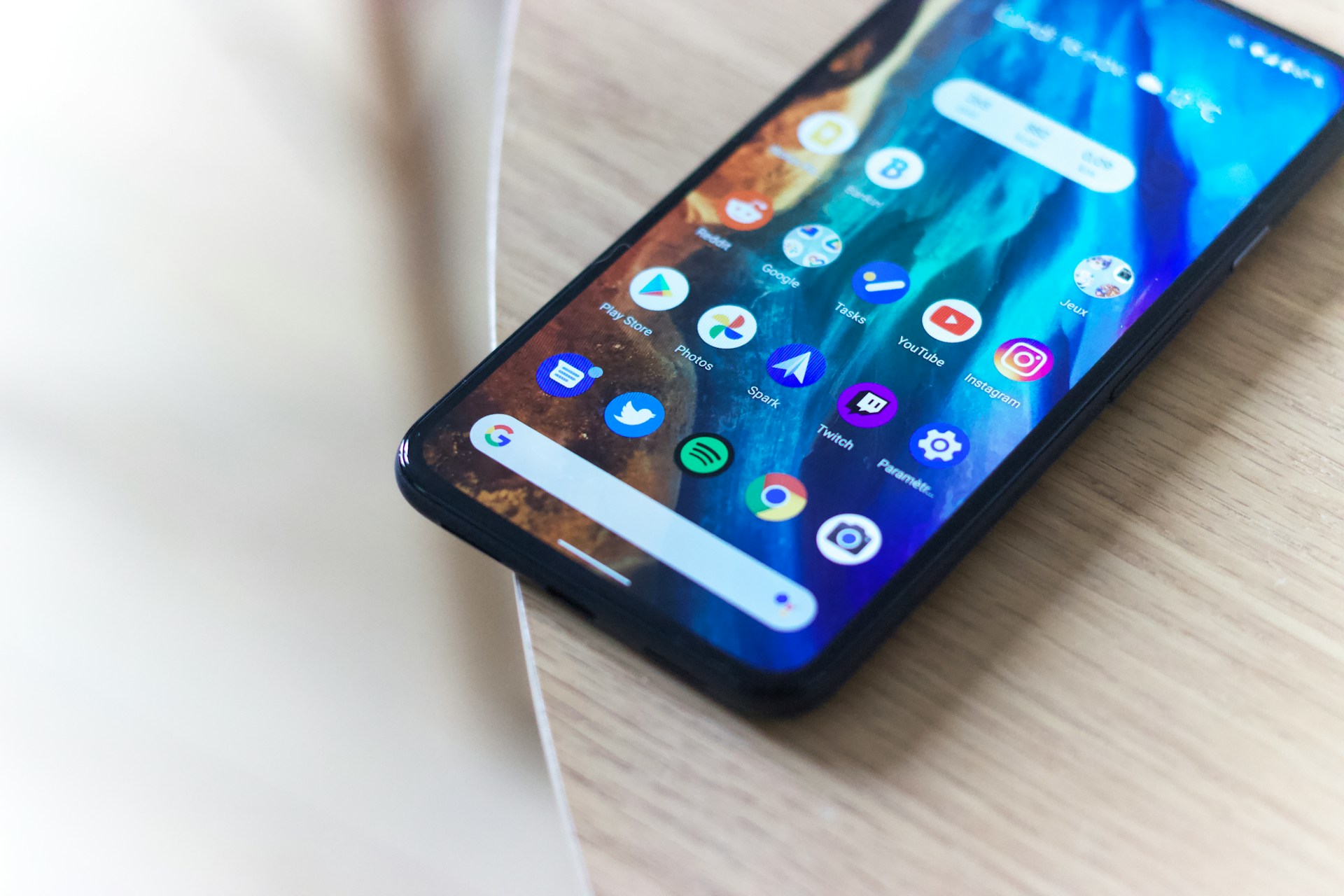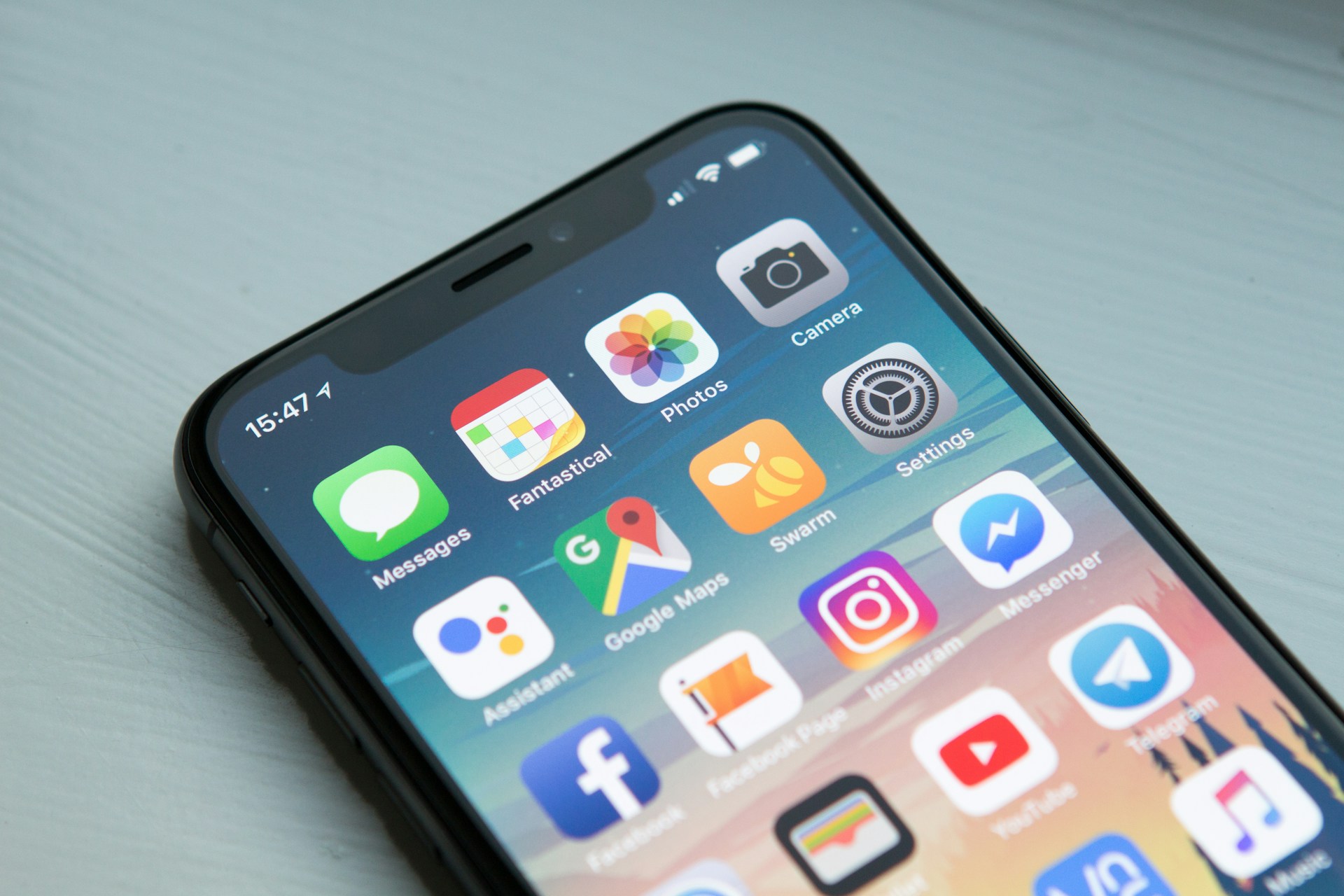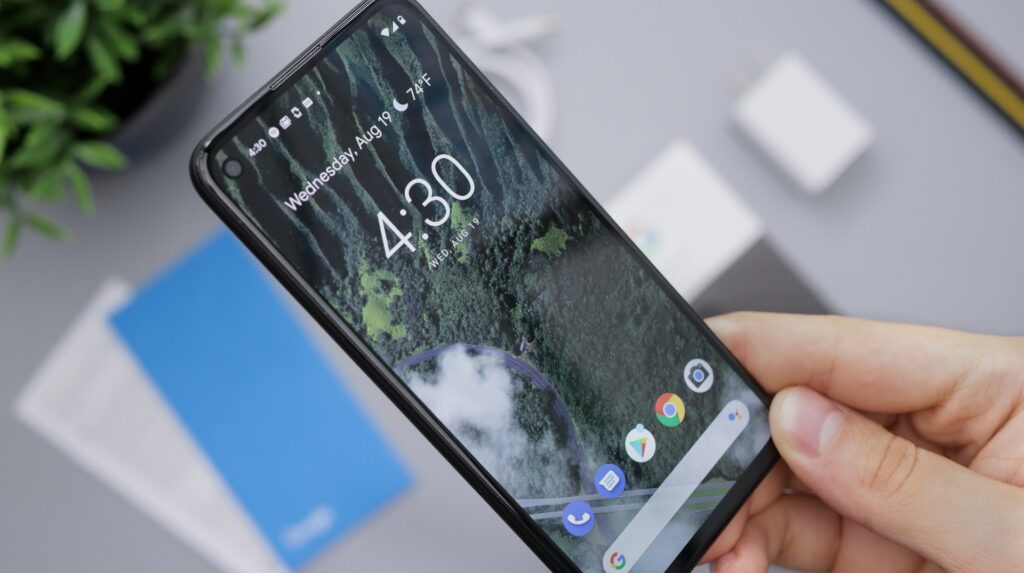When it comes to mobile gaming, choosing between an iPhone and an Android device can be a significant decision. Each platform offers unique benefits and drawbacks that can impact your gaming experience. This article delves into various aspects of gaming on iPhone versus Android, providing a detailed comparison to help you make an informed choice.
Performance and Hardware
Processing Power
One of the key factors that determine the quality of gaming on any device is its processing power. iPhones are known for their powerful, custom-built A-series chips. These processors are optimized for high performance, allowing for smooth gameplay and fast loading times. Android devices, on the other hand, use a variety of processors from different manufacturers like Qualcomm, MediaTek, and Exynos. While there are many high-performing Android devices, the performance can vary widely depending on the model and manufacturer.
Graphics and Display
The graphics quality and display capabilities are crucial for an immersive gaming experience. iPhones typically feature Retina displays with excellent color accuracy and high resolutions, providing stunning visuals. Android devices, however, come in a wide range of display types and resolutions. Some high-end Android phones, like those from Samsung and OnePlus, offer superior AMOLED displays with high refresh rates, making them equally, if not more, appealing for gaming enthusiasts.
Battery Life
Gaming can be battery-intensive, and the battery life of your device can significantly impact your gaming sessions. iPhones generally have good battery optimization due to tight integration between hardware and software. However, Android phones often come with larger battery capacities and fast charging capabilities. Some Android devices also offer gaming modes that can further optimize battery usage during gameplay.
App Availability and Ecosystem
App Stores
The availability of games is another critical consideration. The Apple App Store is known for its stringent app review process, ensuring high-quality and secure applications. This often means that iOS users get access to new and exclusive games earlier than Android users.

Conversely, the Google Play Store has a more open approach, resulting in a larger variety of games, including many free-to-play titles. However, this can sometimes lead to inconsistent app quality.
Game Variety
While both platforms offer a vast selection of games, certain games are exclusive to one platform. iOS is often the first to receive premium games and exclusive titles due to the perceived higher spending power of its users. Android, however, shines in its variety and availability of free-to-play and indie games. This diversity can be a significant advantage for gamers looking for new and unique experiences.
Casino Gaming
When it comes to mobile casino gaming, both platforms have their strengths. For instance, the best casino operators on offer often ensure their apps are available on both iOS and Android. This gives users the flexibility to choose based on their device preference without missing out on their favorite casino games. Android’s open ecosystem sometimes provides more diverse casino app options, but iOS’s strict app policies ensure a secure gaming environment.
User Experience
Interface and Usability
The user interface can greatly affect your gaming experience. iPhones offer a consistent and intuitive interface with seamless transitions and ease of use. The uniformity of iOS across different iPhone models ensures that games run smoothly with fewer compatibility issues. Android, with its customizable interface, allows users to tailor their gaming experience. However, this can sometimes lead to a fragmented experience, especially on lower-end devices.
Customization
Android’s customization options are a double-edged sword. For gamers who love to tweak settings and optimize their devices, Android offers unparalleled flexibility. You can install custom ROMs, change the user interface, and even overclock your device for better performance. On the other hand, iOS provides a more controlled environment, which can result in a more stable and reliable gaming experience.
Updates and Support
Regular software updates are crucial for maintaining optimal performance and security. iPhones receive timely and consistent updates directly from Apple, ensuring that even older models stay up-to-date with the latest features and security patches. Android updates, however, are dependent on the device manufacturer and carrier, leading to potential delays and fragmentation. This can impact the gaming experience, especially for users with older or less popular Android models.
Conclusion
Choosing between an iPhone and an Android device for gaming depends largely on personal preferences and priorities. iPhones offer consistent performance, excellent displays, and timely updates, making them a reliable choice for serious gamers. Android devices, with their wide range of options, customization capabilities, and variety of games, cater to users who value flexibility and diversity.

Ultimately, both platforms have their strengths and can provide an excellent gaming experience. By considering the factors discussed in this article, you can make an informed decision that best suits your gaming needs and preferences. Whether you prefer the polished experience of an iPhone or the customizable nature of an Android device, there’s a perfect gaming phone out there for you.




